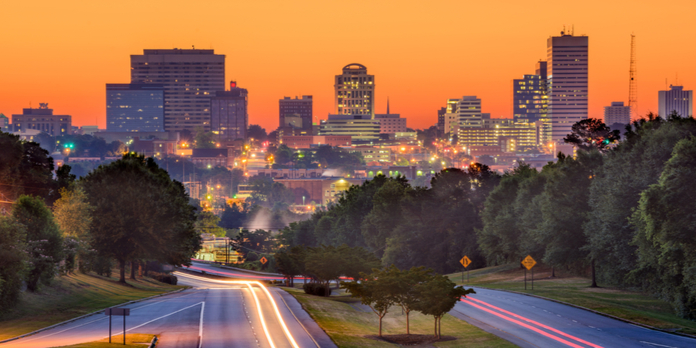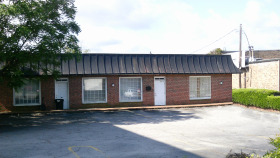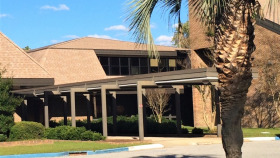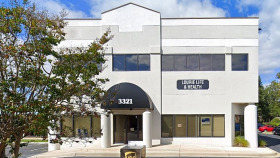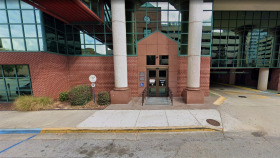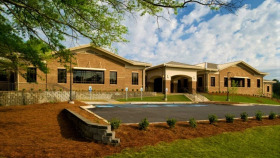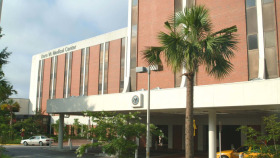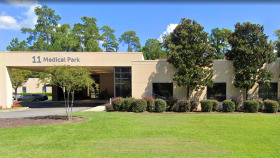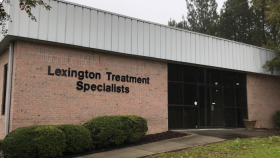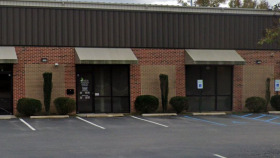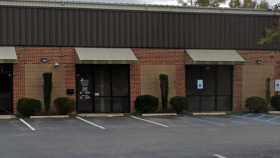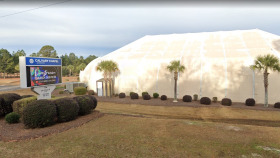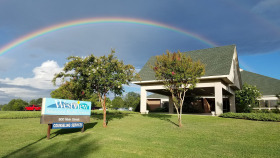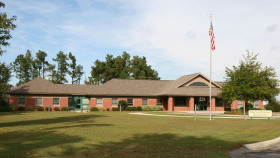Expert Insights
In Columbia and most cities around this nation, there are constantly new varieties of street drugs showing up, but the police and other officials often find out about these new designer drugs too late – when there have already been several overdose deaths. When drugs are replenished on the streets faster than entire squadrons of police officers can seize them, we have a serious problem. And unfortunately, this is a problem we have had for quite some time. The reason Americans are noticing it so prominently at this point is because the drugs have grown to be so extremely lethal.
~ Natalie Baker
How to Pay for Drug Rehab in Columbia
 The cost of treatment shouldn’t get in the way of receiving quality care and treatment for a SUD. Costs vary depending on if it’s an inpatient or outpatient program and the levels of support and amenities offered. There are plenty of options for recovery when it comes to paying for an accredited drug and alcohol rehab in Columbia, SC:
The cost of treatment shouldn’t get in the way of receiving quality care and treatment for a SUD. Costs vary depending on if it’s an inpatient or outpatient program and the levels of support and amenities offered. There are plenty of options for recovery when it comes to paying for an accredited drug and alcohol rehab in Columbia, SC:
- Private health insurance: Having health insurance can greatly offsets the costs of treatment. All facilities generally accept private health insurance; however, the extent your insurance will cover will depend entirely on your policy’s behavioral health benefits. You’ll need to ensure that the facility falls “in-network” with your insurance provider to get coverage also.
- Medicaid: Medicaid provides health coverage to low-come individuals of all kinds—excluding individuals with disabilities, pregnant women, and some elderly5—and typically includes behavioral health coverage. To be eligible for Medicaid, your income bracket must be below the federal poverty line, and you must be a legal resident of the state you’ll be receiving care in.5
- Free rehab: Free rehab centers are state-funded facilities that offer free or low-cost care for those with no other viable options. This would include methadone clinics that provide opioid addiction treatment medication.
Some free drug and alcohol rehab centers in Columbia, South Carolina, include:
- LRC Substance Abuse and Behavioral Programs
- Three Rivers Behavioral Rehab
- Fairfield Behavioral Services
Alcohol and Drug Use Stats in Columbia, South Carolina
Let’s talk about some of the most recent statistics regarding substance use, overdoses, and treatment in Columbia and Richland County:1,4
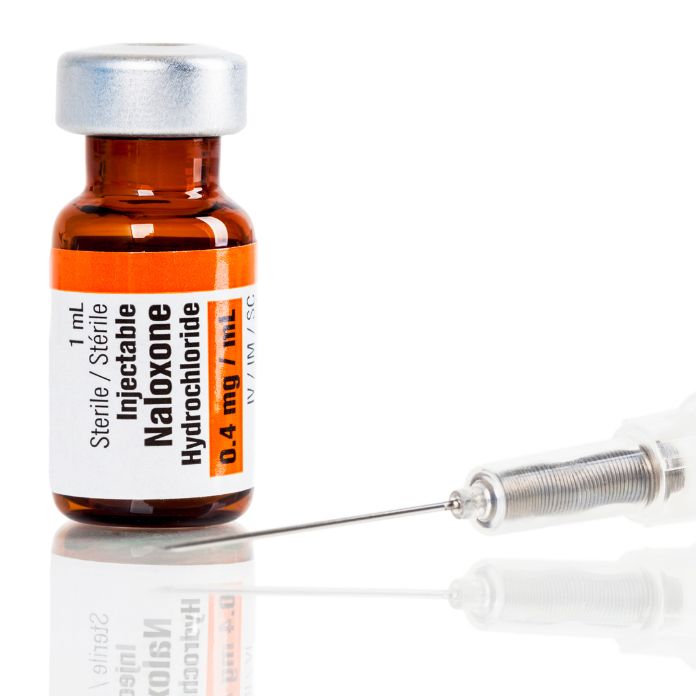
In 2020, there were 99 overdose-related deaths in Richland County.
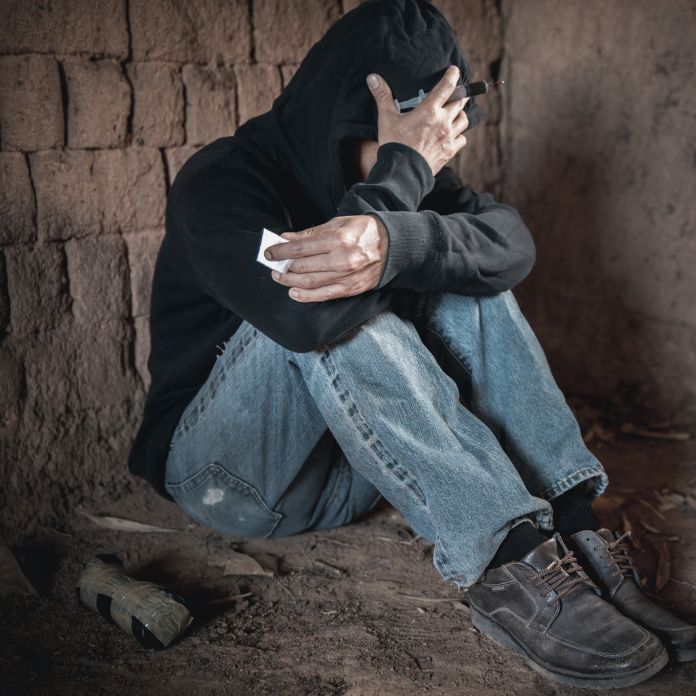
The highest occurrence of overdose-related deaths was between ages 35 and 44.

By 2020, the number of people receiving treatment for a substance use disorder (SUD) in Richland reached 2,686.
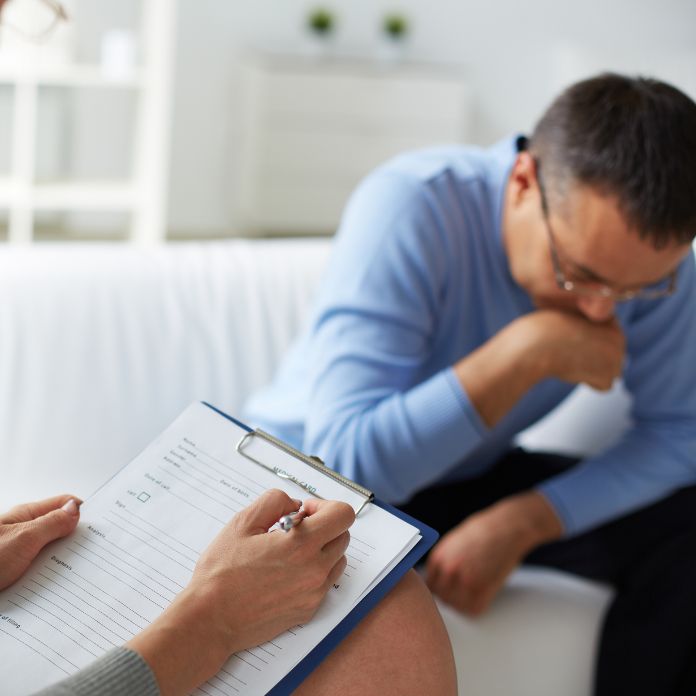
In 2021, the number of people receiving treatment, specifically for opioid use disorders, reached 1,673.
South Carolina Alcohol and Drug Laws
Here are some important South Carolina substance abuse laws:1
South Carolina Naloxone Access Law: Residents of South Carolina can buy naloxone from a pharmacy without a prescription.
South Carolina Good Samaritan Law: If you witness an overdose and call 911, you are granted limited immunity from arrest and prosecution for drug possession.
South Carolina Drug Court Program: Nonviolent offenders have the opportunity to attend drug and alcohol rehab instead of serving jail time.
Levels of Care for Substance Abuse
Compare available levels of substance addiction treatment to figure out the right one for you.
Medical Detox
You receive withdrawal medications, medical care, and counseling to help you go through distressing withdrawal symptoms.
Inpatient Residential Care
You receive 24/7 therapy, care, and supervision in a structured treatment environment, free from everyday stressors and triggers.
Day Treatment Programs
Day treatment, also known as partial hospitalization (PHP), includes several hours of treatment per day, for five to seven days per week.
Intensive Outpatient Programs (IOPs)
Intensive outpatient includes a few hours of therapy per day, for three to five days per week.
Standard Outpatient
Standard outpatient, which is often used as continuing care, involves receiving two to four hours of therapy per week.
Aftercare
Recovery is a lifelong journey—once you complete rehabilitation, you’ll want to continue receiving support in the form of aftercare, such as individual therapy, support groups, or family therapy.
Traveling for Drug and Alcohol Rehab in Columbia
Whether you or someone you care about is looking to receive treatment and therapy at one of the many drug rehabs in Columbia, South Carolina, you’re going to want to have an idea of what it’s like and what’s nearby. That way, once it’s time to visit your loved one or have them visit you, they can extend their visit and take in the sites or plan a day of sightseeing if the rehab facility allows.
Attractions: Columbia is the capital city of the state that’s surrounded by nature and natural beauty. The city is home to plenty of attractions, including the South Carolina State Museum, the Riverbanks Zoo and Garden, Historic Columbia, and more. It’s also flush with parks, rivers, and lakes, including Lake Murray and the Congaree National Park.6
Climate: You’ll also find that Columbia has a humid, subtropical climate. Its winters are relatively cool, but mostly mild, while summers are hot, humid, and muggy.
Transportation: Being that the city is located within one of five metropolitan counties, Columbia is a transportation focal point for three interstate highways and one interstate spur.6 the Inner city is also very walkable, and thanks to the intercity rail and buses, getting around is quick and easy.
The closest major airport is the Columbia Metropolitan Airport (CAE/KCAE), and it’s just seven miles from the city center. Other nearby airports include Fairfield County Airport (FDW) and the Jim Hamilton L.B. Owens Airport (CUB). These are considered the closest major airports; however, there are several smaller airports spread throughout the five metropolitan counties—both public and private—if more options are needed.
Hotels: Lastly, being that Columbia is the capital city of South Carolina, there are plenty of hotel options that range in price depending on their exact location. Most of them offer quick access to public transportation or are located within walking distance of many of the incredible activities and sites that Columbia has to offer.
Resources
- South Carolina Department of Health and Environmental Control. (2020). Drug Overdose Deaths | South Carolina.
- Naloxone Saves SC. (n.d.). Naloxone Saves SC.
- FindTreatment.gov. (n.d.). FindTreatment.gov.
- South Carolina Legislature. (n.d.). South Carolina Code of Laws Unannotated.
- Richland County Opiate Board. (n.d.) Statistics and Demographics Breakdown For Opiate Use Disorders in SFY 2020.
- Centers For Medicare and Medicaid Services. (n.d.) Medicaid Eligibility.
- Columbia SC | Restaurants, Hotels, & Things to Do. (n.d.). Experience Columbia SC.

